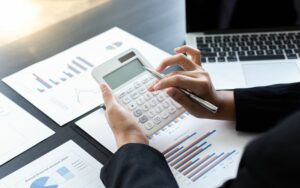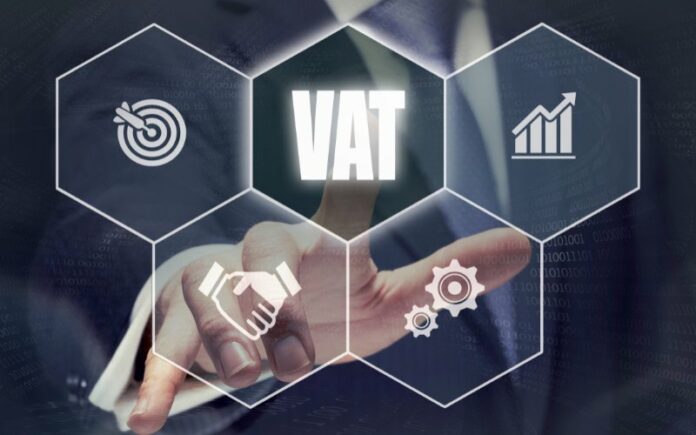Any business exceeding the VAT taxable threshold of £85,000 in the UK needs to register for VAT with HMRC. A VAT return is a form that shows how much VAT you owe to the HMRC or how much you expect reimbursement from HMRC. You must submit the VAT returns four times a year.
It is not as simple as it sounds; businesses must comply with several rules and regulations when preparing VAT return files. Vat accountants know them well and can help you at every step of VAT implications and deductions to prepare and claim HMRC refunds.
In this article, we will learn how an accountant can help you with VAT returns.
Table of Contents
Why is a VAT Accountant Necessary?
VAT accountants for small business can help you understand general VAT liabilities, deal with day-to-day VAT compliance, deal with technical queries, and maintain a good VAT relationship with HMRC.
It becomes challenging for business owners while choose a suitable VAT scheme, as it involves different factors like:
- Nature of business
- Type of products and services you sell
- Projected revenues
Accountants help you select the suitable scheme, as a bit error related to VAT is a fraudulent activity. Additionally, you may not be much confident doing VAT yourself with the introduction of Making Tax Digital for VAT. You can now submit VAT returns via official HMRC approved Making Tax Digital software.
Accountants ensure your company is paying the right amount of VAT to HMRC. They access your business records and check whether you collect valid VAT at a required rate from customers.
What are the VAT schemes?
Business owners can choose between three VAT schemes:
- Standard VAT Accounting
The Standard VAT Accounting scheme follows the actual accounting and auditing principles, which means you can report financial activities only when they occur or the date when you issue a VAT invoice, regardless of when they make payments.
- Flat Rate VAT
This scheme applies to businesses below £150,000, excluding VAT. Such owners can pay a fixed VAT rate to HMRC, and you cannot claim back VAT paid on purchasing goods and services or on your input tax. You can charge VAT on goods and services at 20% but pay a reduced amount to HMRC.
- Cash Accounting
The Cash Accounting VAT scheme follows Cash Accounting principles which means you record transactions when payments are made rather than the date of issuing invoices. This scheme applies to businesses with an annual turnover below £1.35m. They pay VAT to HMRC only when clients make a payment for purchasing goods and services.
Can I claim back the VAT on accounting fees?
You can claim the VAT back for accounting fees if you use the services for a business purpose. Document your standard accountancy fees with VAT statements showing you have paid fees for accounting services.
Additionally, you can also claim back any VAT paid for seeking tax-related help related to VAT.
How to calculate VAT return?

To calculate VAT return, you need to look into your
- sales and purchases made during the three-month accounting period,
- the amount of VAT you owe to HMRC for sales, and
- the amount of VAT you can reclaim from HMRC for business purchases.
When can you reclaim VAT?
You can reclaim VAT charged while purchasing goods and services for business use. However, it cannot be something for personal purposes. If you are reclaiming VAT charged for mixed purposes (business and private), HMRC will refund only the VAT charged on purchases for business purposes.
For particular purposes like,
- Purchasing individual computers or single computer equipment that cost £50,000 or more before charging VAT,
- Purchase of aircraft, ships, and boats at £50,000 or more before charging VAT,
- Acquisition of land and building at £250,000 or more before VAT, you can reclaim VAT.
You cannot reclaim VAT on your business’s products and services to make VAT-exempt supplies and business entertainment costs. HMRC doesn’t reimburse VAT for goods you purchased that come under the VAT second-hand margin schemes and for business assets you received as a going concern.
Final thought
VAT returns are more complex than tax preparation, and submitting them every four years can be a headache for owners. If you cannot comply with the VAT rules and regulations, you may suffer from legal actions or penalties. Therefore, it is advisable to find an accountant in UK who can help you deal with VAT Checker and returns and provide advice on your company’s critical financial events.




